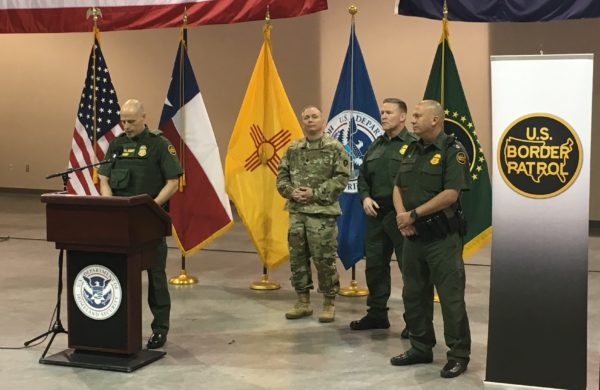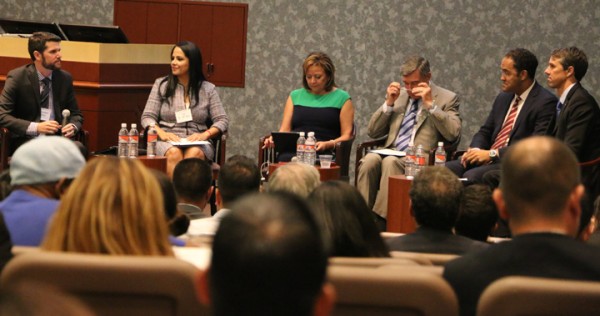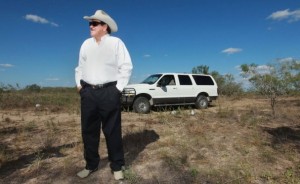Trump official inaccurately claims 1,200 percent increase in border apprehensions
|
A Trump administration official on Friday wildly misstated border apprehension figures in justifying the decision to deploy National Guard forces to the border. “Our apprehensions in Fiscal Year 2017 were at the lowest level in 45 years. That said, we have experienced a significant increase over the past 12 months. A 1,200 percent in apprehensions, including the number of family units and unaccompanied children,” Ronald Vitiello, the deputy commissioner for Customs and Border Protection, said at a news conference in El Paso. When asked for data on the 1,200 percent increase claim, a CBP spokesman said Vitiello had misspoken.



